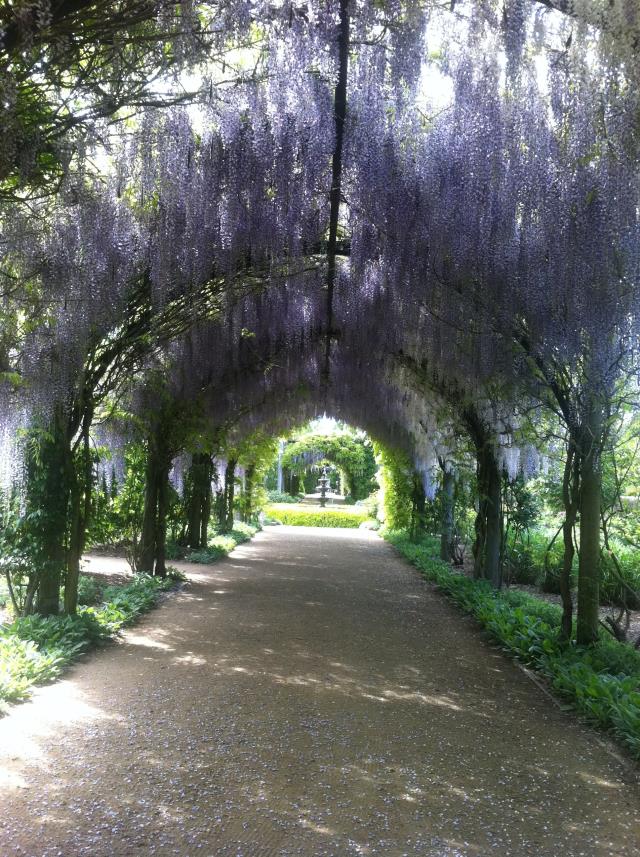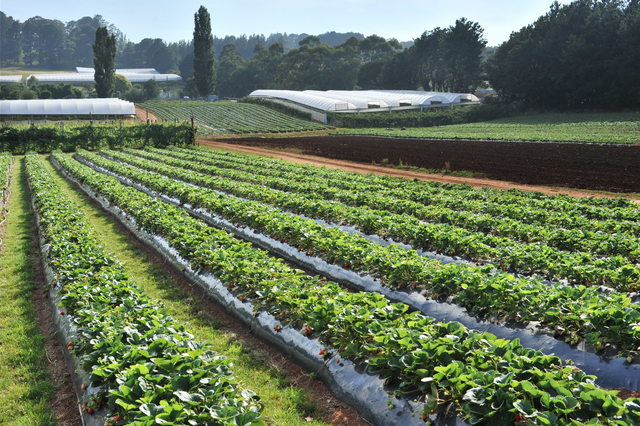By Dion Teasdale
YARRA Valley fruit farmers are calling on State and Federal governments to help them deal with fruit bat and bird populations ravaging their crops.
Yering orchardists fear Melbourne’s fruit bat colony, which has devastated cherry crops in Wandin in recent weeks, will target their apple, pear, peach and nectarine crops.
The farmers, who are already suffering significant crop losses due to an unprecedented influx of lorikeets, are pleading with governments for assistance.
They want to see bird culling permit applications streamlined and are calling for all levels of government to cooperate over management of migrating species.
Gordon Johns from G Johns Orchards in Yering, who lost $150,000 worth of fruit to birds three years ago, said he could be facing similar losses this season.
“So far this year we’ve had a real problem with lorikeets and based on what has happened with the bats in Wandin, I’m very concerned about what might be around the corner,” he said.
Mr Johns, who employs up to 55 people on his 80 acre property, said the current threat posed by bats and birds could have an effect on the long term future of his business.
“The lorikeets, on the move from New South Wales and other parts of the state, have come in large flocks between 300 and 500 at a time, and have appeared much earlier than in previous years,” he said.
“We need some sort of government assistance to deal with this problem. It’s bad if these birds migrate and we are left to deal with the problem alone.”
Mr Johns said it was unfair for the State Government to expect farmers to use nets as the only means of protecting their crops.
“The government is telling us to use nets to protect our fruit but there is not the return in fruit at the moment to warrant that kind of investment,” he said.
Mr Johns estimated it will cost up to $2.5 million to erect nets over his property.
Alan Upton from Maroondah Orchards in Yering said the current threat from birds and bats was the worst his family had seen in four generations.
“My family has been growing fruit since 1902 and none of the previous generations have had to deal with a problem like this,” he said.
Mr Upton said farmers needed greater access to culling permits.
“There are lots of restrictions on culling.
“You can apply for permits but the response times are slow.
“In terms of managing the problems ourselves, our hands are tied,” he said.
Mr Upton said he applied for a culling permit in February 2003 and that by the time approval to cull five birds reached him in May the permit issued for March had expired.
“As growers we are being forced to stand around and watch these birds fly away with our fruit.
“We are being told to leave the birds alone but that is not effective management,” he said.
He said farmers have been threatened with $5000 fines if they harm birds on their farms.
Meanwhile, Liberal candidate for Evelyn Christine Fyffe said she was not surprised to see Yarra Valley orchards suffering from attacks by fruit bats.
“I warned the Bracks Government in 2001 that moving the fruit bats from the Botanic Gardens would impact on fruit growers in the Yarra Valley and they rejected my concerns,” she said.
Ms Fyffe said she would like to see the State Government grant permits to cull the bats and offer growers compensation for their crop losses.
However, Department of Sustainability and Environment (DSE) wildlife damage control officer Ian Temby defended the State Government’s record.
“The government is sympathetic to the issue of crop damage faced by fruit farmers and has worked hard to assist (them) by regularly approving permits to control wildlife and providing information to farmers to help them minimise crop damage,” he said.
Mr Temby said delays with issuing culling permits were isolated incidents and that the DSE was considering response options to the high cost of netting.
Bird cull plea
Digital Editions
-

Glorious spring gardens in bloom
Alowyn Gardens started in June 1997 when the first spadeful of soil was turned in a bare paddock surrounded by vineyards in the beautiful Yarra…





